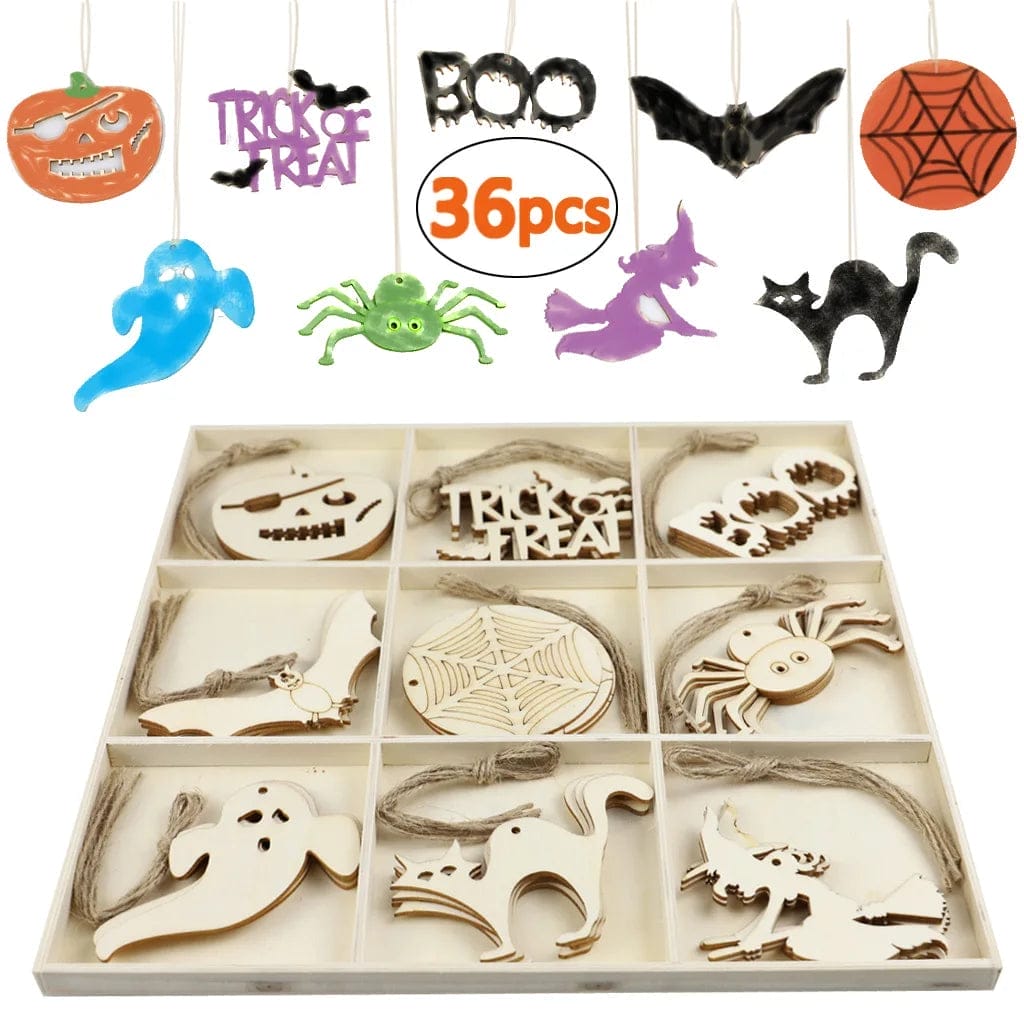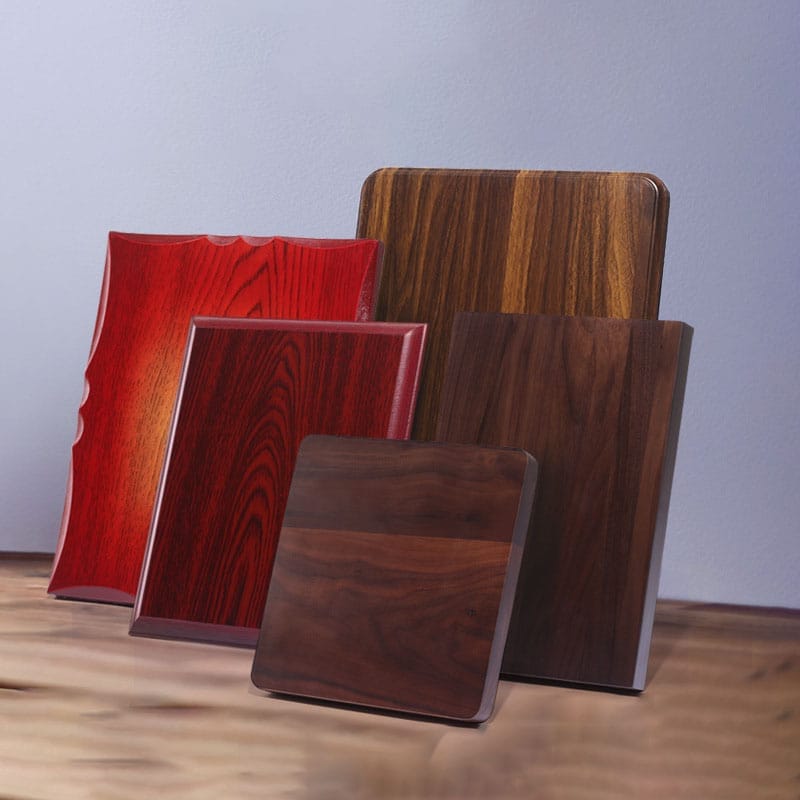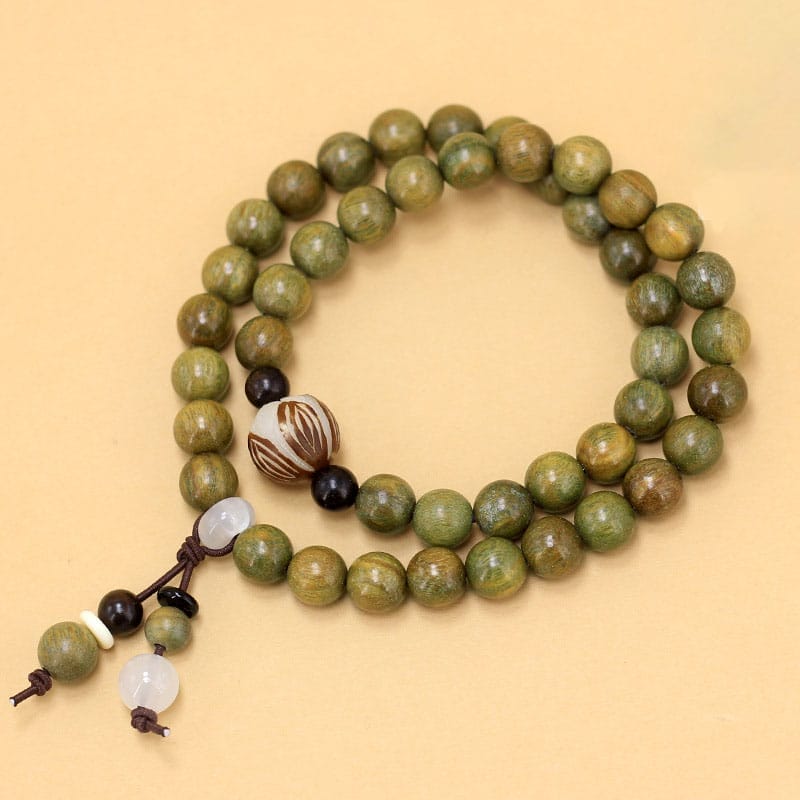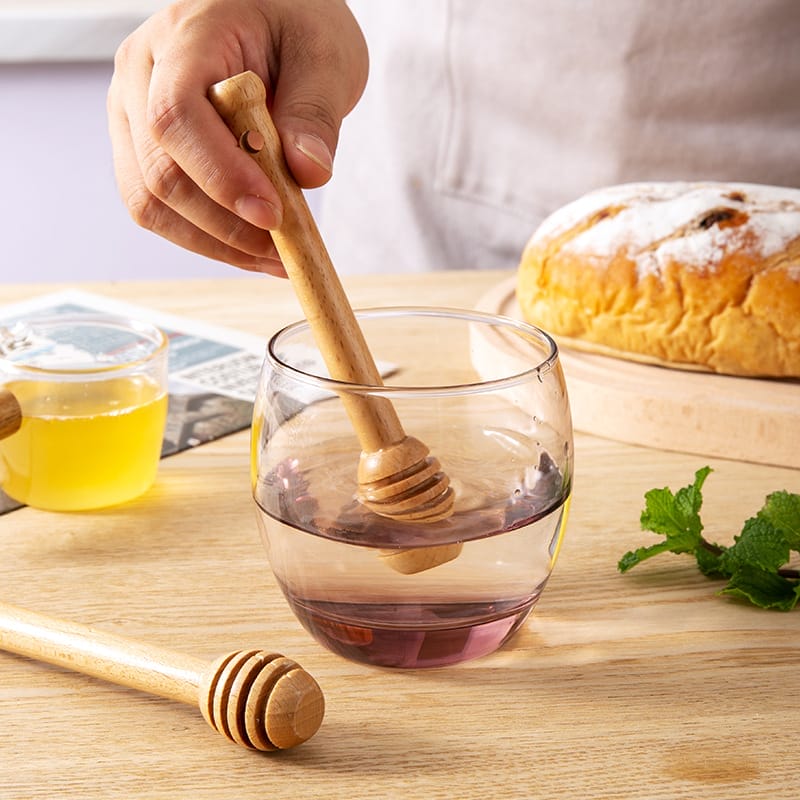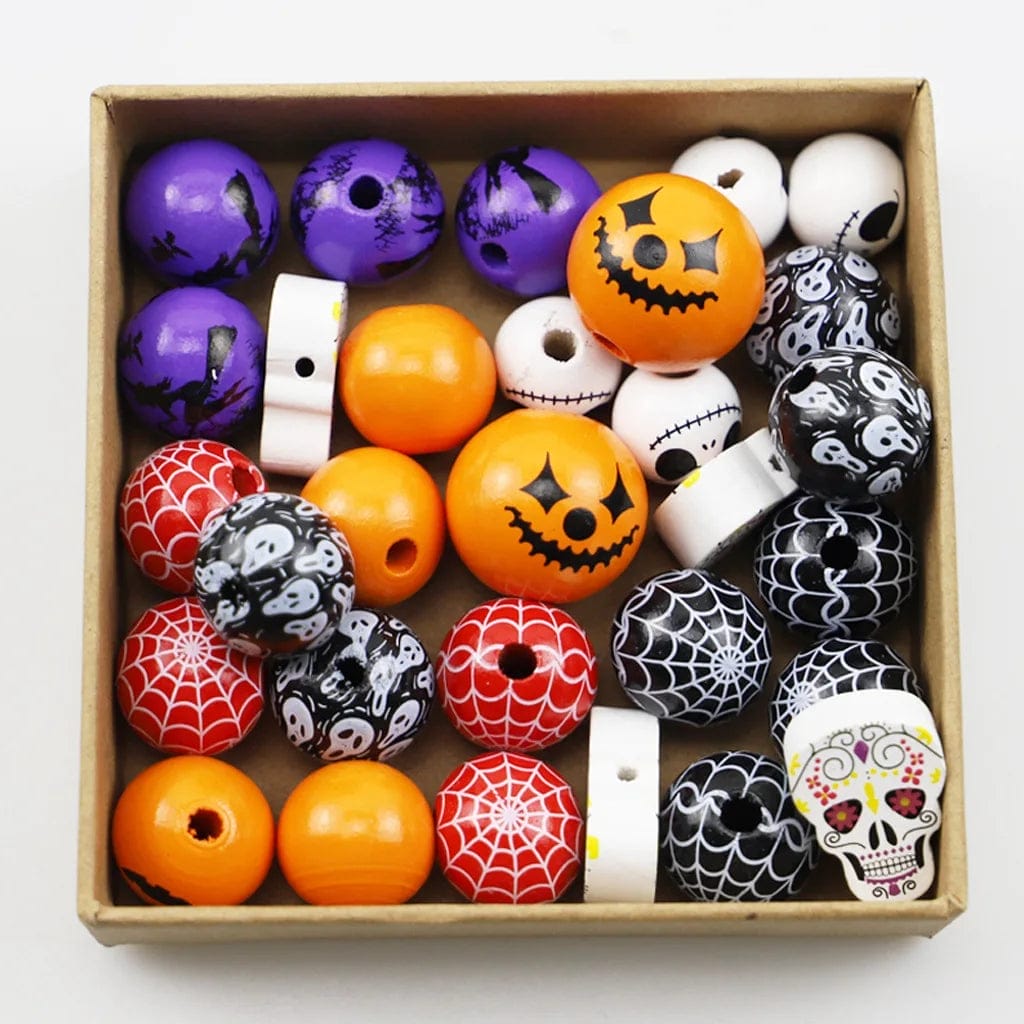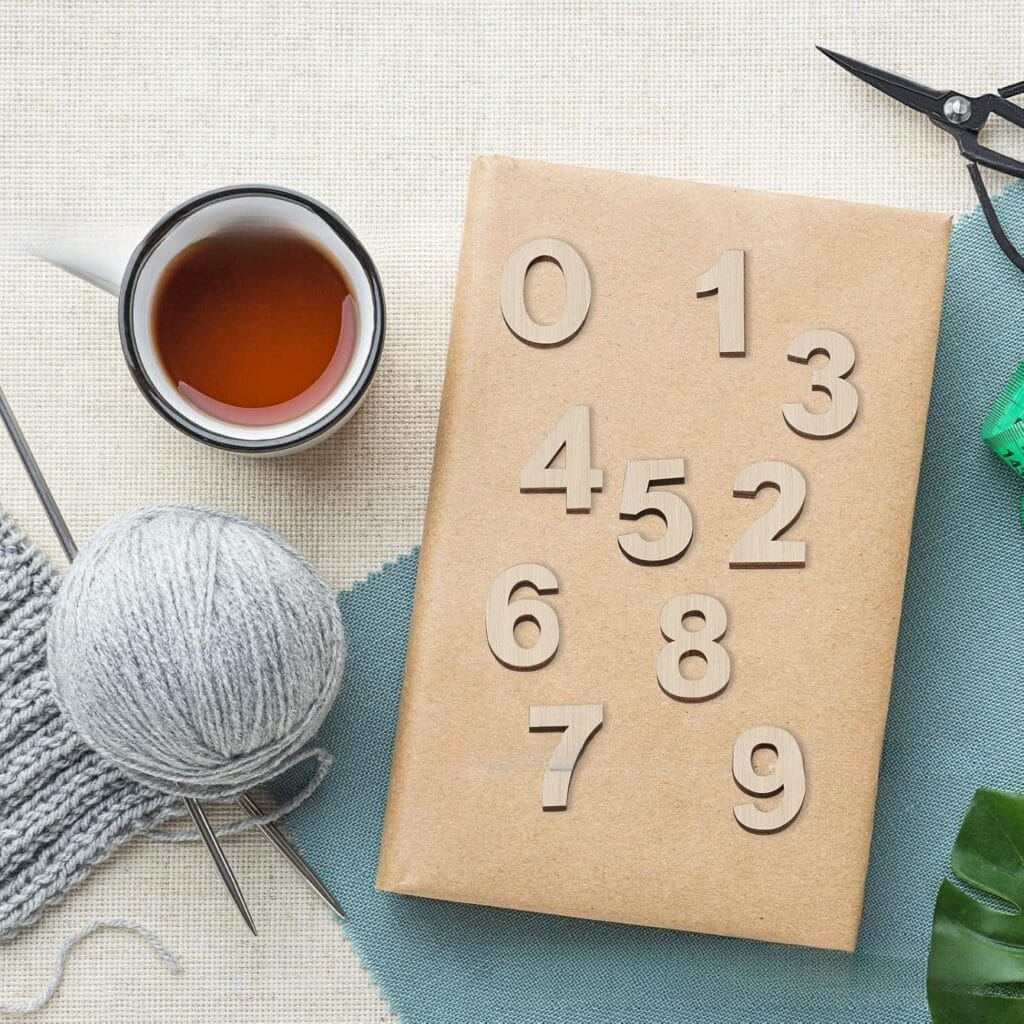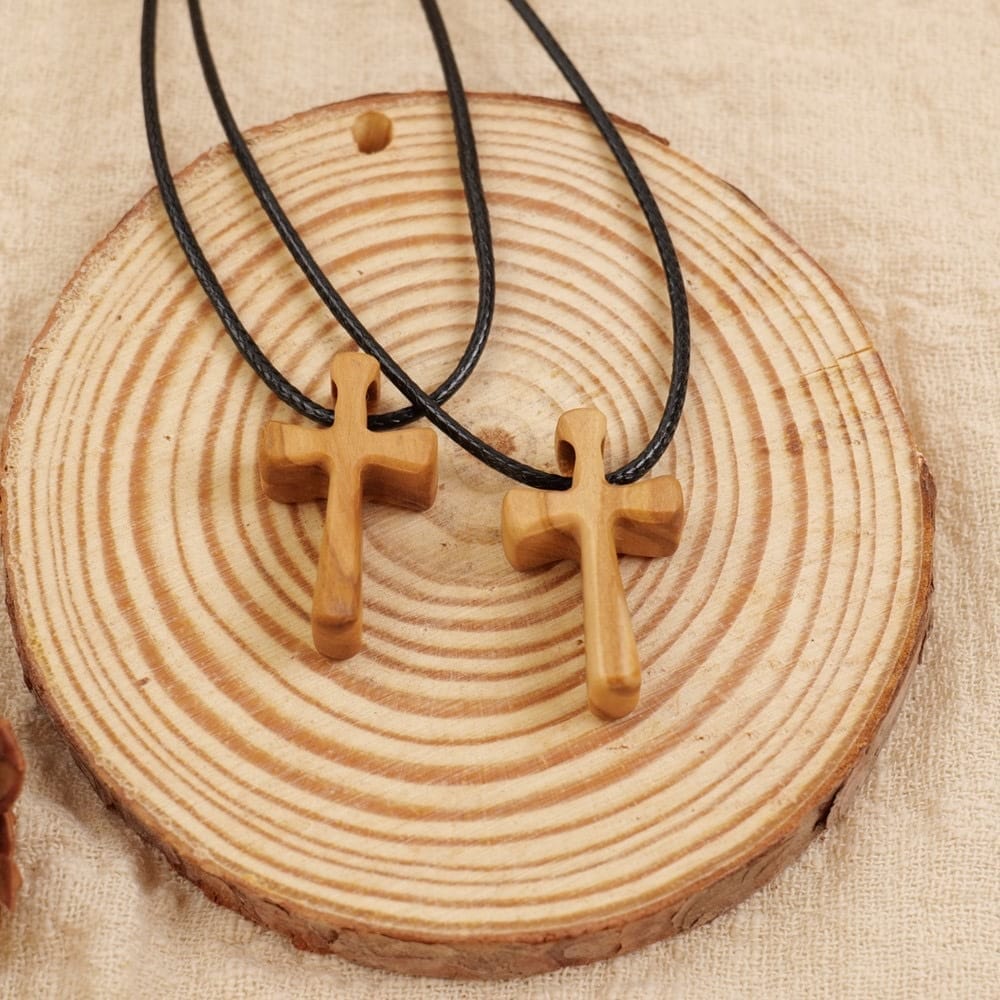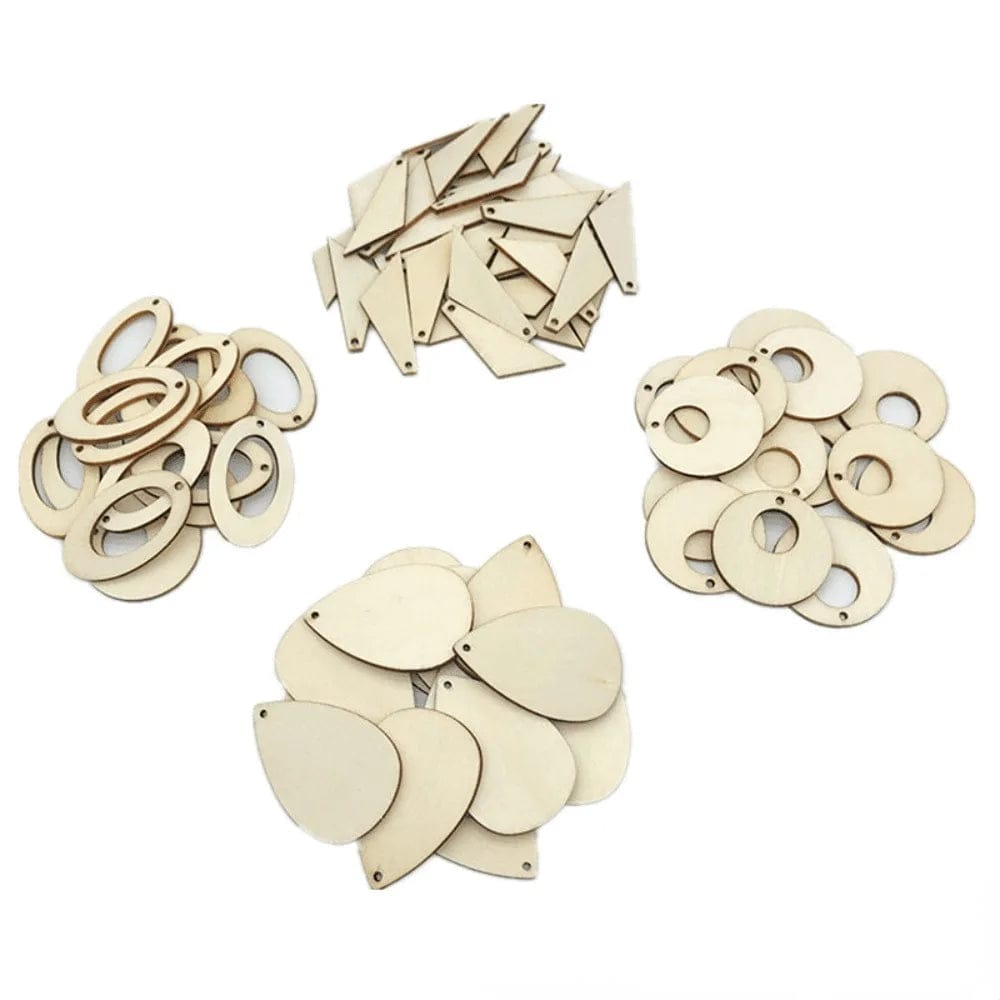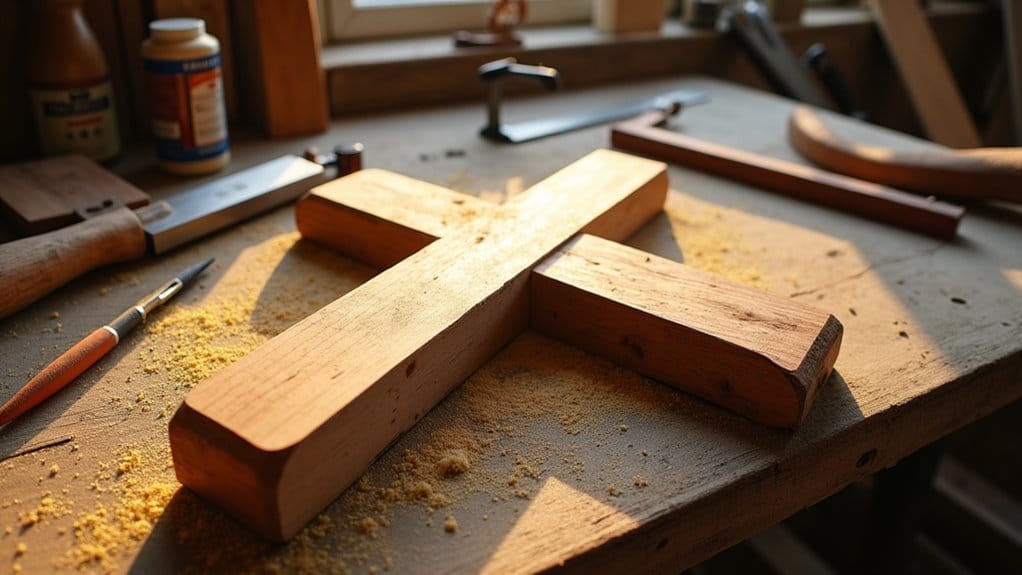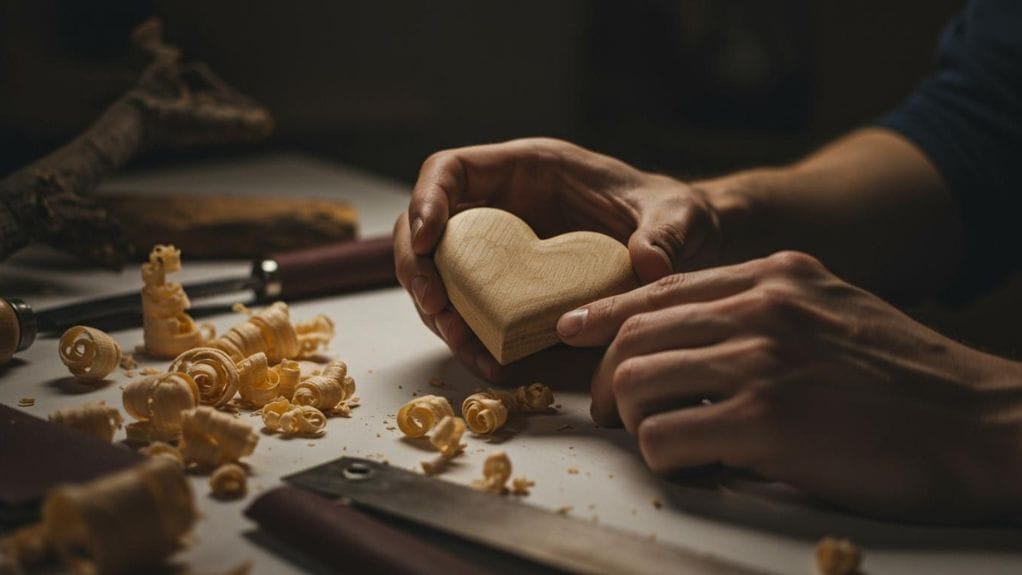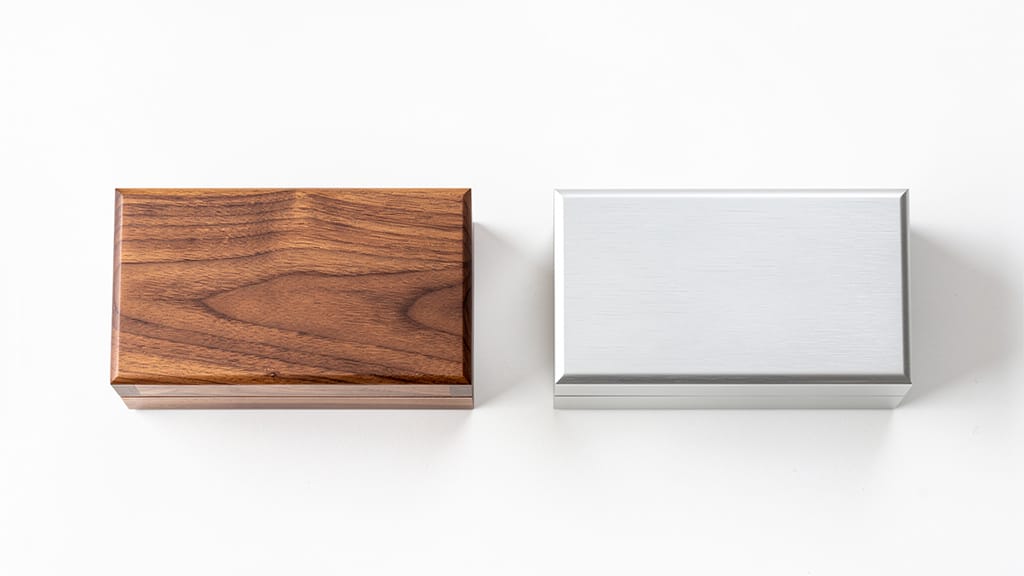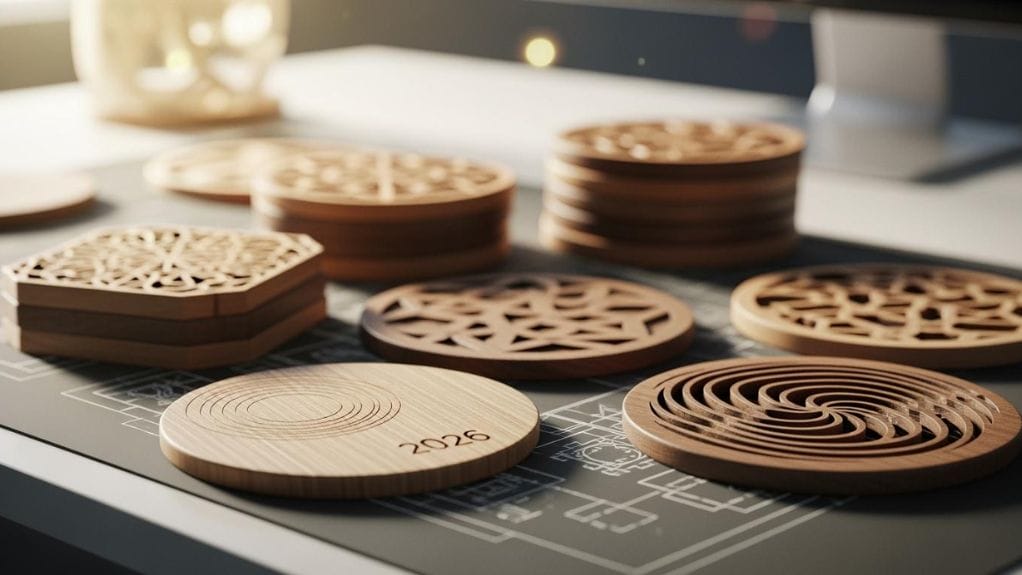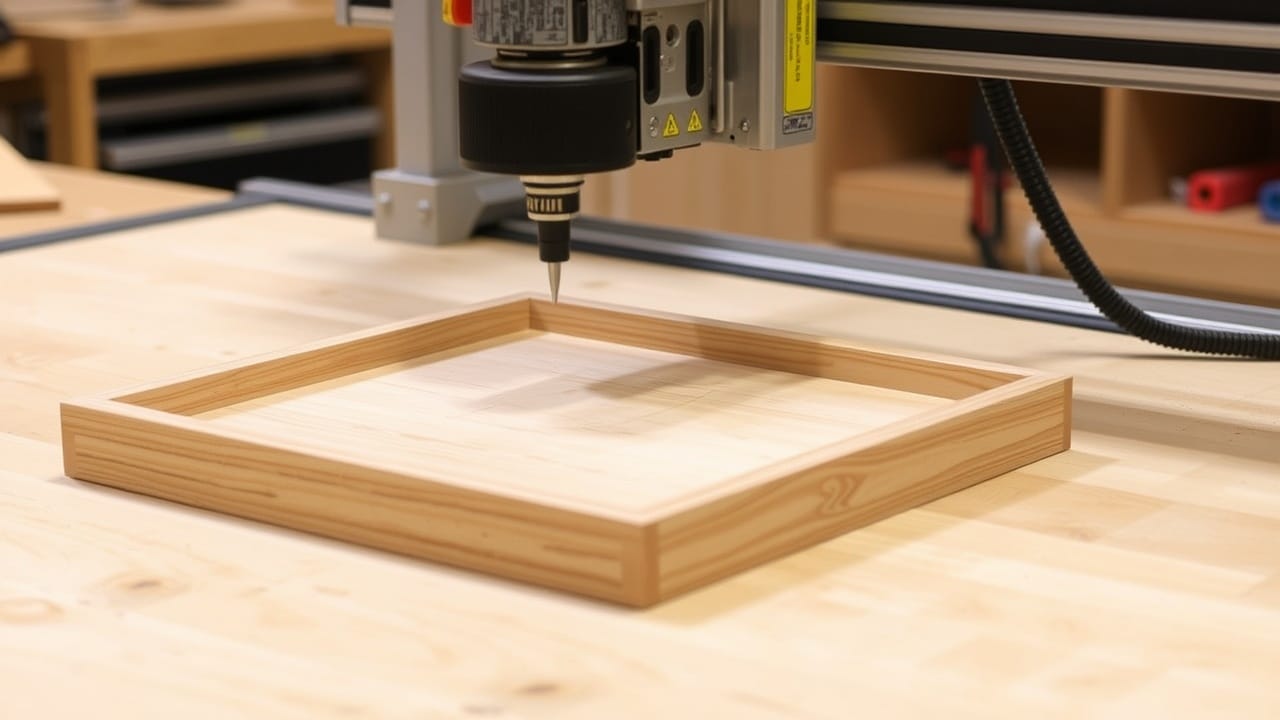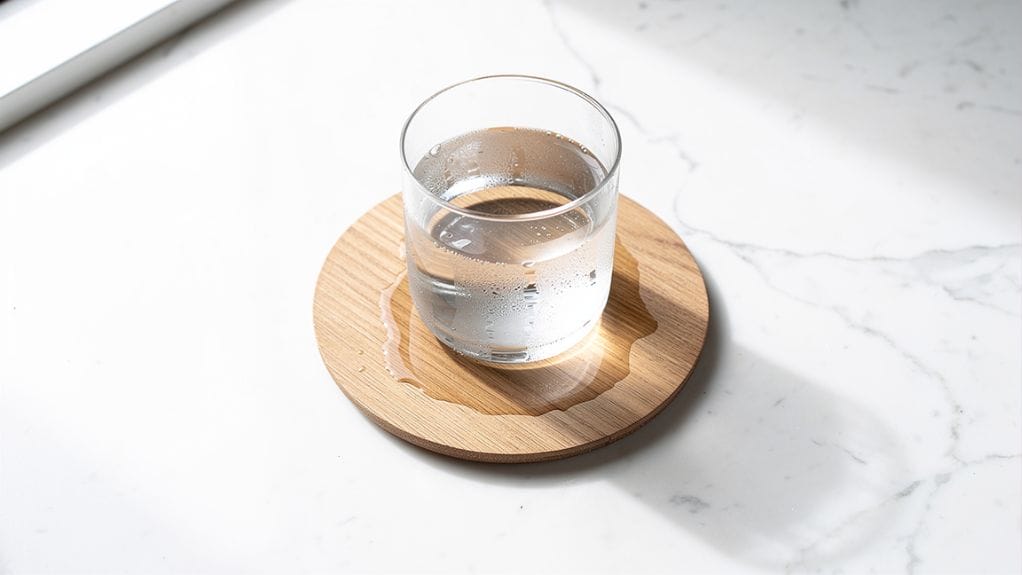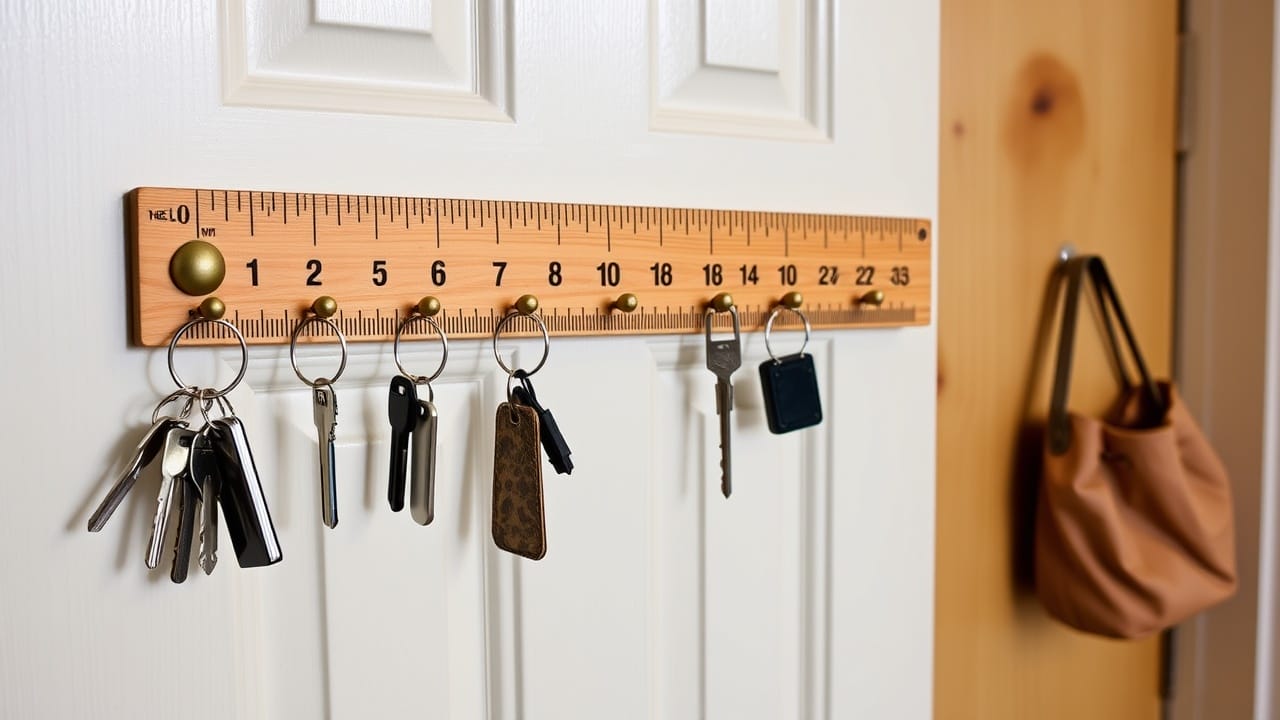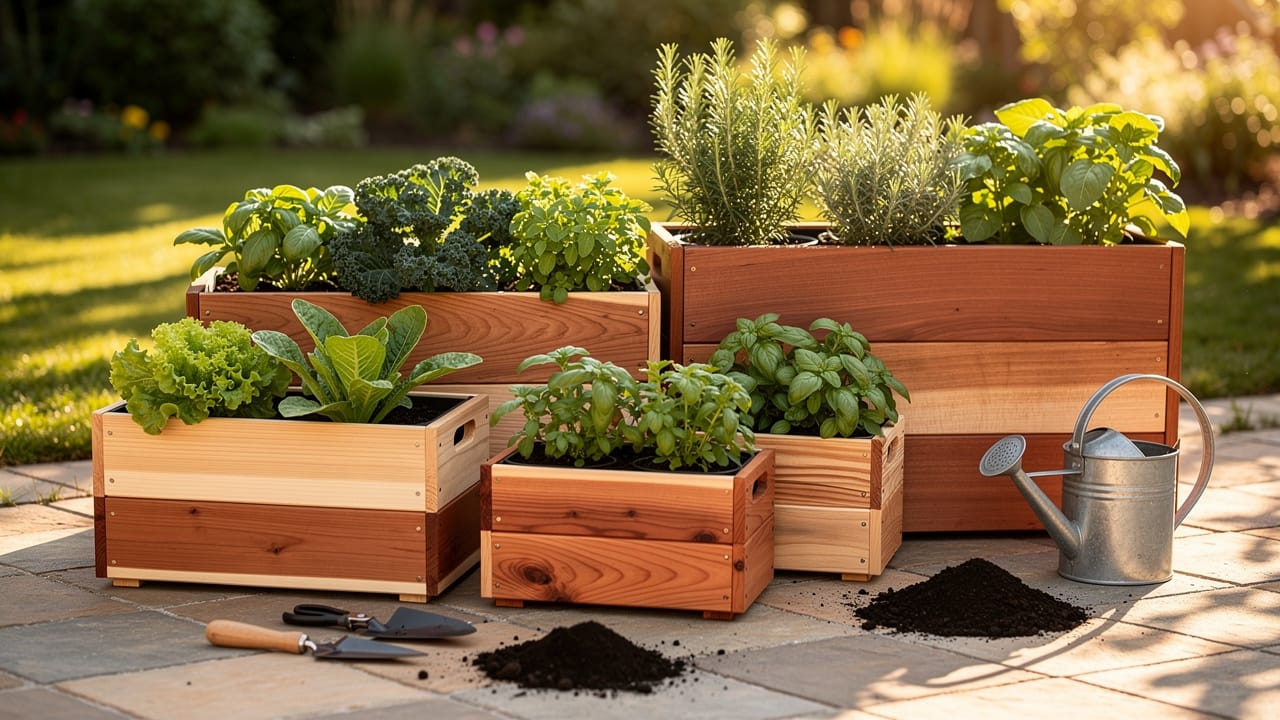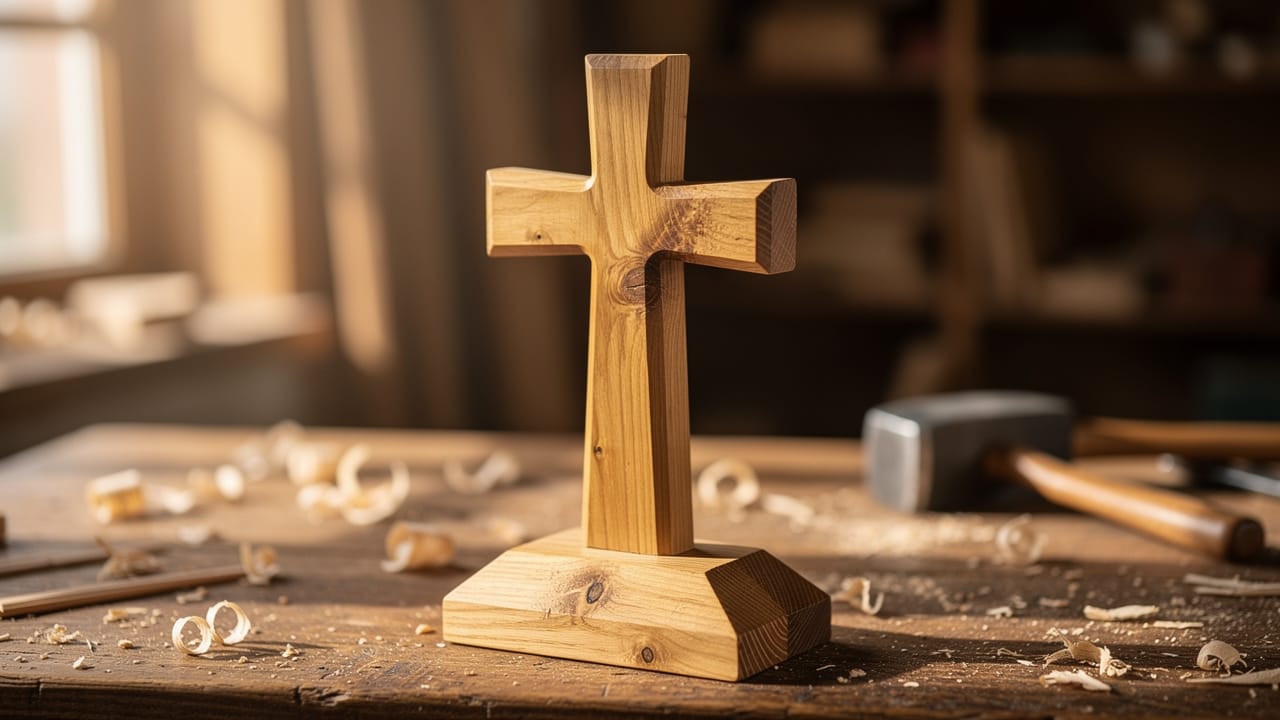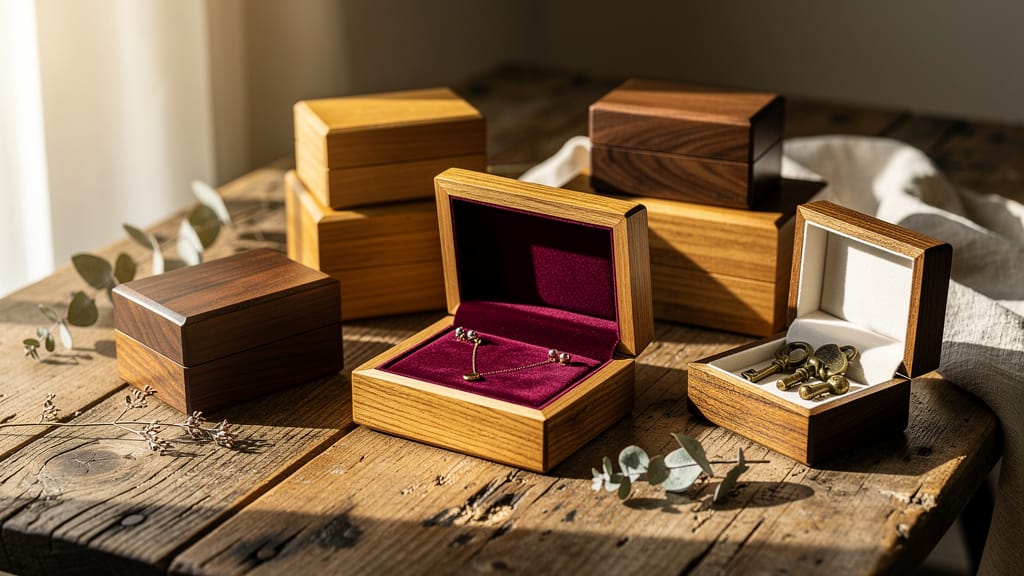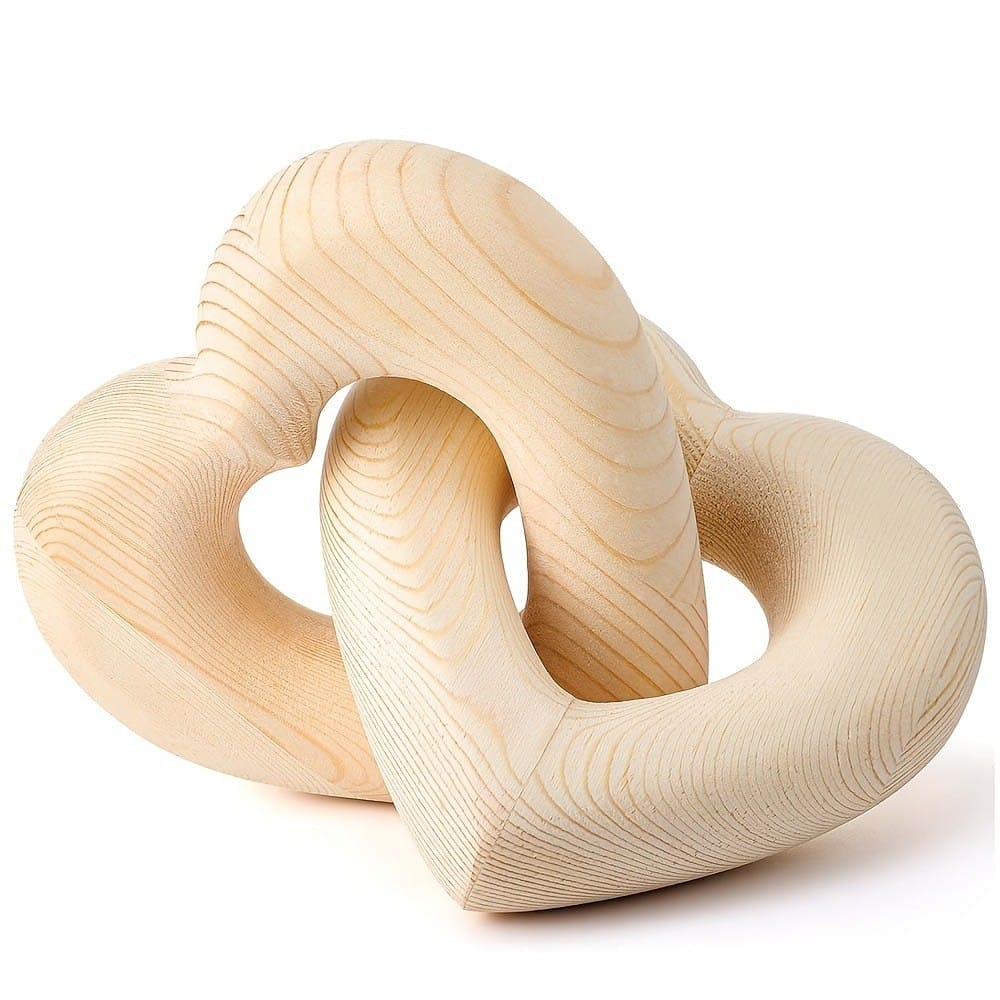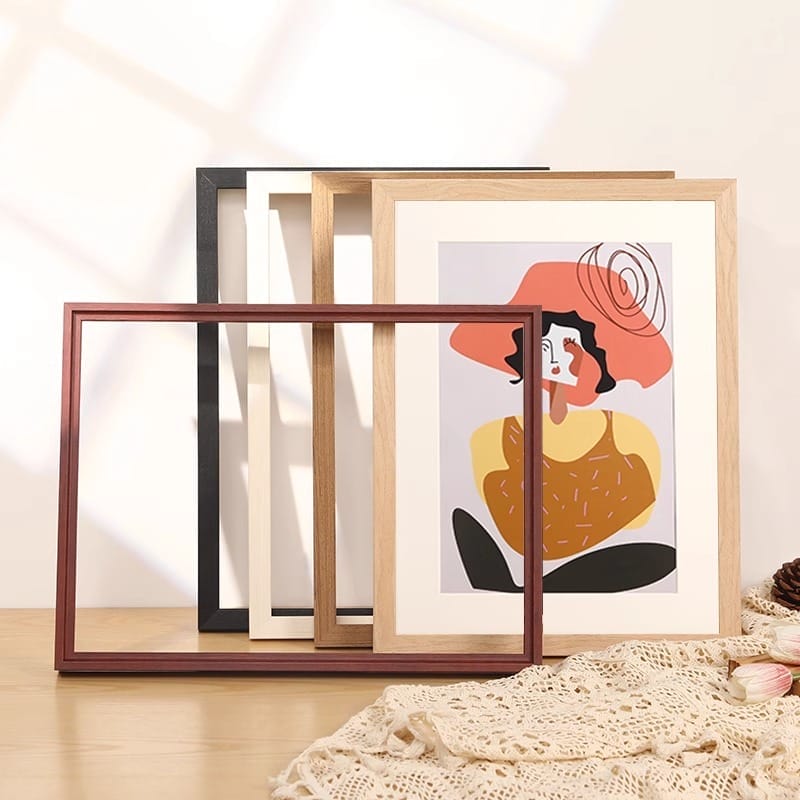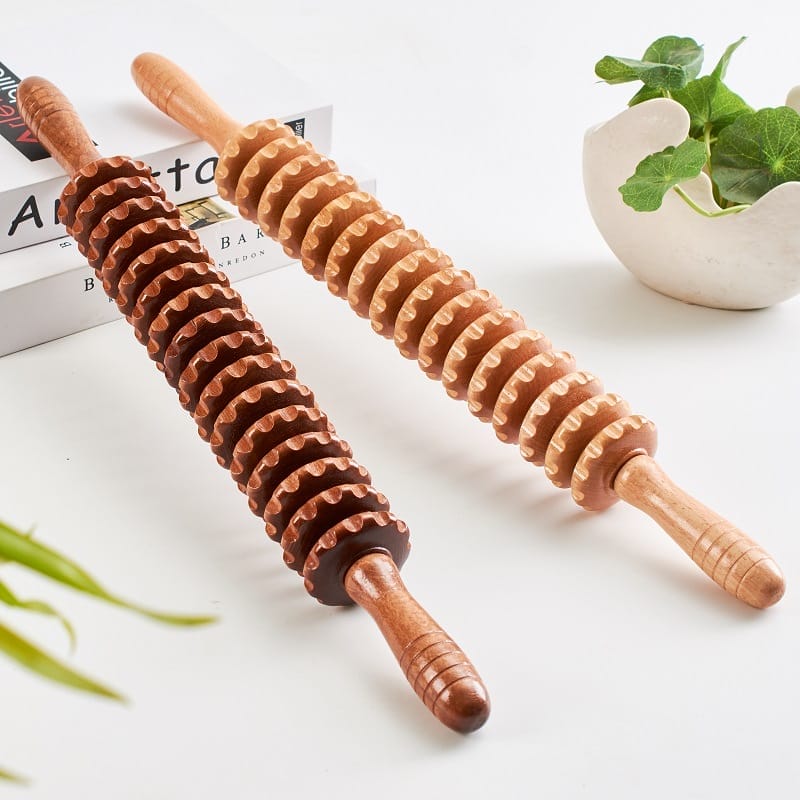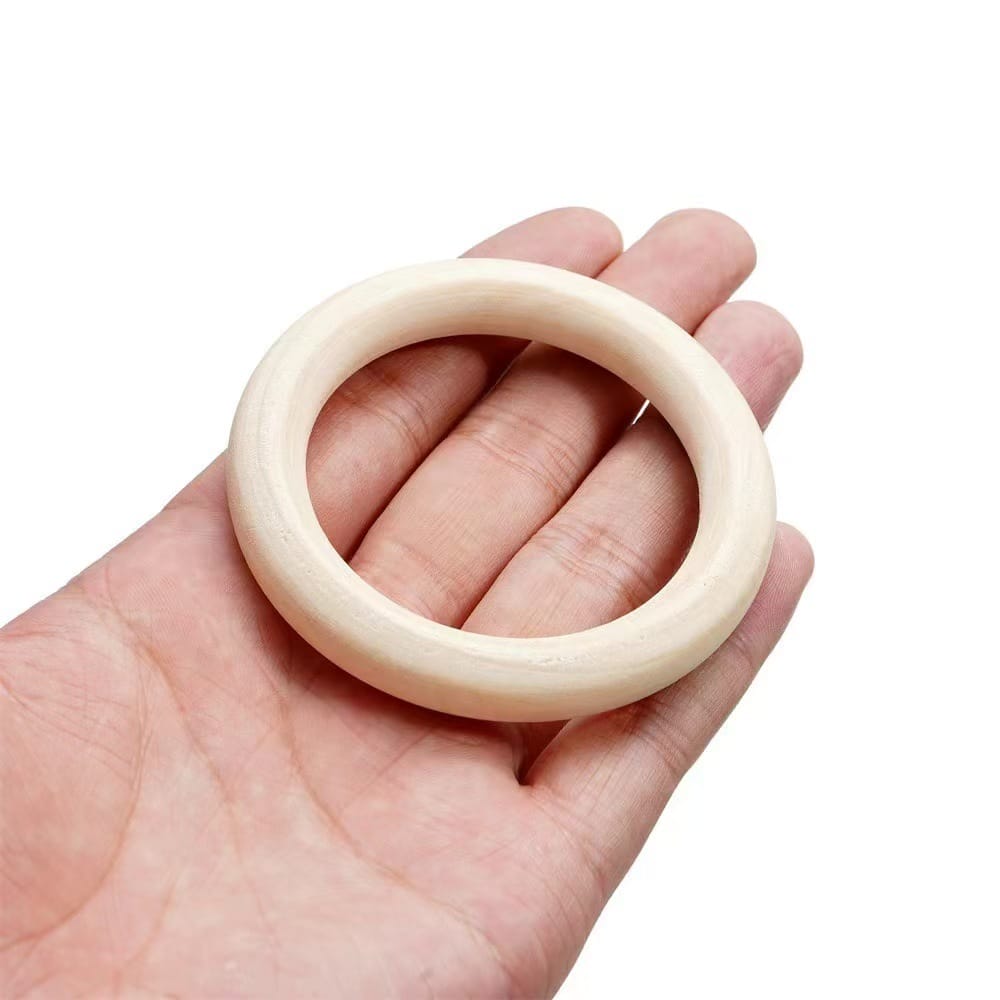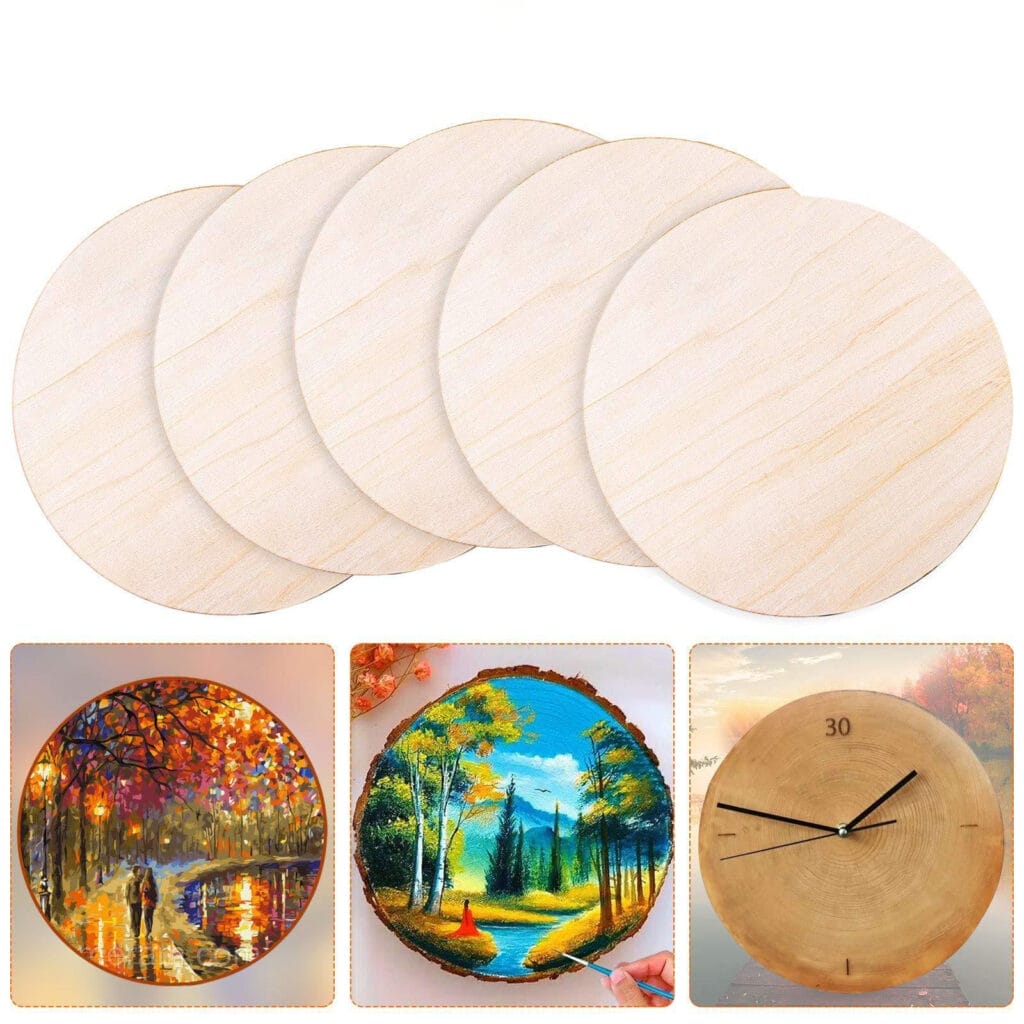If you’ve ever wondered whether your wooden spoons can go in the dishwasher, you’re not alone. While tossing these kitchen workhorses in with your other dishes might seem convenient, it’s a decision that can quickly ruin your favorite utensils. The combination of high-pressure water, hot water and dishwasher detergent creates the perfect storm for damaging wooden tools. Let’s explore why hand-washing remains your best option and how to properly care for these kitchen essentials.
Key Takeaways
- Never wash wooden utensils in the dishwasher as high temperatures and harsh detergents strip protective oils and damage wood fibers.
- Dishwasher cleaning causes warping, cracking, and structural damage of wood-handled tools that significantly reduces the lifespan of wooden utensils.
- Hand wash wooden utensils with mild soap and a soft cloth, avoiding prolonged water exposure.
- Dry wooden utensils immediately with a lint-free towel and store only when completely dry to prevent mold.
- Maintain wooden utensils by regularly applying food-grade mineral oil to protect against moisture damage and extend longevity.
Why You Shouldn’t Put Wooden Spoons in the Dishwasher
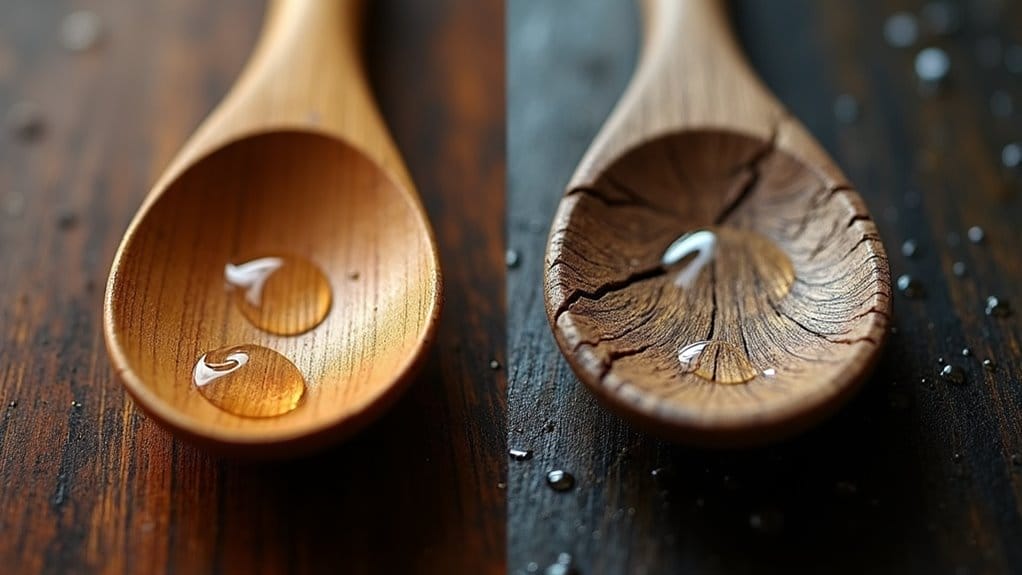
Your wooden spoons will suffer significant damage in the dishwasher as the high water pressure and heat exposure strip away natural oils, leading to warping, cracking, and premature deterioration.
The harsh detergents used in dishwashers can penetrate the wood’s porous surface, creating an environment where bacteria might thrive in the microscopic crevices that form.
Water Damage
When wooden spoons are subjected to the intense water exposure in dishwashers, they absorb excessive moisture that leads to significant structural damage. You’ll notice your wooden utensils start to crack and warp as they repeatedly swell and contract. Hand wash instead to maintain their integrity.
| Water Damage Effects | Prevention Methods |
|---|---|
| Surface cracking | Hand wash only |
| Internal warping | Dry immediately |
| Fiber separation | Avoid soaking |
| Material weakness | Use mild soap |
| Reduced lifespan | Oil regularly |
The excessive moisture penetrates deep into the wood’s grain, causing cellular breakdown that compromises the utensil’s structural stability. This damage is often irreversible, leading to premature replacement of otherwise durable kitchen tools.
Heat Exposure
During high-temperature dishwasher cycles, wooden spoons endure intense heat that breaks down their natural protective oils and cellular structure.
You’ll notice significant damage after repeated exposure to these extreme temperatures, as the wood fibers weaken and become more susceptible to cracking.
The heat from dishwashers accelerates the degradation of your wooden spoons far more than proper hand washing methods.
When temperatures exceed 140°F (60°C), the wood’s moisture content fluctuates dramatically, leading to warping and splitting.
To preserve your utensils, stick to cleaning them by hand with warm water and mild soap, then dry them immediately to prevent moisture absorption.
Detergent Effects
Dishwasher detergents contain harsh chemicals and surfactants that strip away the natural oils protecting wooden spoons. When you put wooden utensils in the dishwasher, you’ll accelerate their deterioration through aggressive chemical exposure.
| Effect | Solution |
|---|---|
| Strips protective oils | Hand wash with mild soap |
| Degrades wood fibers | Use gentle cleaning methods |
| Creates rough texture | Apply mineral oil after washing |
You’ll notice immediate changes in your wooden utensils after dishwasher exposure – they’ll become dry, rough, and more susceptible to bacterial growth. Instead, opt for hand washing with gentle dish soap to preserve the natural oils and maintain the wood’s integrity. Regular conditioning will help protect your utensils from damage.
Bacterial Growth
Although dishwashers may seem like an effective cleaning solution, their harsh environment actually creates ideal conditions for bacterial growth in wooden utensils. When you wash your wooden spoons in the dishwasher, you’re inadvertently creating microscopic cracks where bacteria can thrive.
- Dishwasher cycles strip protective oils, leaving wood vulnerable to moisture absorption.
- Repeated exposure to high temperatures causes wood fibers to expand and contract.
- Moisture trapped in wood’s porous surface becomes a breeding ground for bacteria.
- Hand-washing allows better control over temperature and immediate drying.
To clean wooden spoons properly, opt for hand-washing with hot water and mild soap, then dry thoroughly to prevent bacterial colonization. Additionally, it’s important to avoid soaking wooden spoons in water, as prolonged exposure can cause them to warp or crack. When considering how to clean wooden spoons, be sure to periodically condition the wood with food-safe mineral oil to maintain its integrity and enhance its lifespan. This simple practice will help keep your utensils in top shape while minimizing the risk of bacteria buildup.
Loss of Longevity for Wooden Utensils
Placing wooden utensils in the dishwasher considerably reduces their lifespan through a destructive cycle of moisture absorption and drying. You’ll notice significant damage after just a few cycles, with the wood becoming dry, warped, and prone to cracking.
| Cleaning Method | Impact on Longevity | Recommended Frequency |
|---|---|---|
| Dishwasher | Severe degradation | Never |
| Hand-washing | Minimal wear | After each use |
| Deep cleaning | Moderate stress | Monthly |
| Sanitizing | Medium impact | As needed |
Instead of risking premature deterioration, opt for hand-washing your wooden utensils. This gentle approach preserves their natural oils, prevents splitting, and guarantees they’ll remain serviceable for years to come.
How to Clean Wooden Spoons Effectively
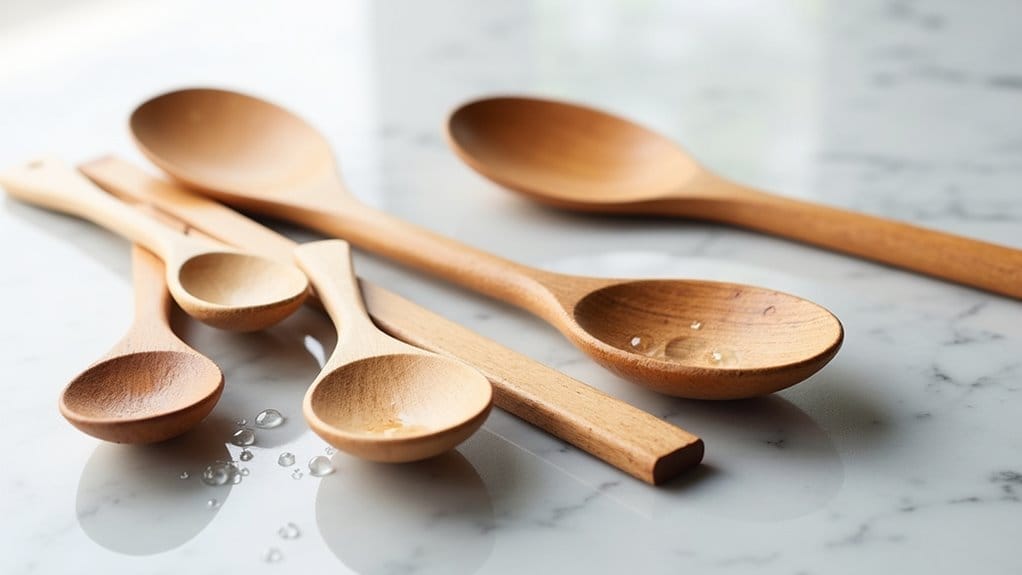
You’ll need to follow a specific sequence to properly clean your wooden spoons, starting with an immediate rinse after use and following up with mild soap and gentle scrubbing.
When washing, pay careful attention to remove food particles while protecting the wood’s natural oils, and don’t forget to rinse thoroughly to eliminate all soap residue.
The final critical step is to dry your wooden spoons immediately and completely with a clean towel to prevent water absorption that could lead to warping or cracking.
Step 1: Rinse Immediately
The immediate rinsing of wooden spoons after use serves as a critical first step in proper utensil maintenance. By quickly addressing food residue, you’ll prevent stains and odors from setting into the wood’s porous surface.
Don’t wait to clean your wooden utensils, as this practice helps maintain their longevity and appearance.
- Remove loose debris under running water immediately after use
- Use lukewarm water to prevent damage to the wood’s natural oils
- Avoid letting food particles dry and stick to the surface
- Don’t put them in the dishwasher and commit to hand washing for ideal care
This quick initial rinse notably reduces the effort needed for thorough cleaning later and preserves your utensils’ integrity.
Step 2: Use Mild Soap
Selecting a mild, unscented dish soap provides the ideal cleaning solution for your wooden utensils.
You’ll want to add a small amount of soap to warm water, creating a gentle cleaning mixture that won’t strip your utensils’ natural oils.
While dishwashers use harsh detergents that damage wood, hand washing with mild soap preserves your utensils’ integrity.
Apply the soapy solution using soft, circular motions across the wooden surface.
Don’t scrub too aggressively, as this can damage the wood’s fibers.
Pay special attention to areas with food residue, but avoid soaking the utensils, which can lead to swelling and cracking.
Step 3: Gently Scrub Wooden Spoons
Gently work the soapy solution into your wooden spoons using a soft sponge or dishcloth, focusing on areas with visible food residue. The key to effective hand washing is maintaining the natural oils while removing debris. You’ll want to scrub with care to protect the wood’s integrity.
- Use circular motions to gently scrub both sides of the spoon head
- Pay special attention to the crevices where food often collects
- Clean the handle thoroughly, as it’s often overlooked
- Avoid aggressive scrubbing that could damage the wood’s surface
Remember to work methodically but quickly to prevent prolonged water exposure that might compromise your wooden spoons’ durability.
Step 4: Rinse Thoroughly
After scrubbing, rinse your wooden spoons at least five times under clean running water until all soap residue disappears.
Use hot water to help dissolve any remaining soap and guarantee a thorough cleaning. You’ll want to rinse both sides of your wooden utensils, paying special attention to any grooves or crevices where soap might collect.
Continue rinsing until the water runs completely clear and you can’t feel any slickness from the hot soapy water.
This step is essential to maintain the integrity of your wooden utensils, as leftover soap residue can affect both the taste of your food and the wood’s condition.
Test the surface with your fingers to confirm it’s completely clean.
Step 5: Dry Immediately
Immediate drying is essential to prevent moisture damage in wooden utensils. After a thorough hand wash, you’ll need to act quickly to maintain your wooden spoons’ integrity and prevent warping or cracking.
- Wipe the wood completely dry with a clean, lint-free kitchen towel immediately after washing.
- Stand utensils upright in a holder or lay flat on a dish rack to guarantee air circulation.
- Never leave wooden items to air dry, as prolonged moisture exposure weakens the wood fibers.
- Store your utensils only when they’re completely dry to prevent mold growth.
Unlike dishwasher drying cycles that can damage wood, proper hand drying preserves your utensils’ longevity.
Step 6: Oil Occasionally to Avoid Ruining Wooden Spoons
Regular oiling of wooden utensils forms an essential final step in their maintenance routine.
After hand washing, apply food-grade mineral oil to your spoons and other wooden tools every few weeks to prevent drying and cracking. You’ll notice the wood absorbing the oil, creating a protective barrier against moisture and stains.
Don’t use cooking oils, which can turn rancid. Instead, opt for mineral oil or a specialized wood conditioner.
This treatment becomes especially important if you’ve accidentally run your utensils through the dishwasher, as it helps restore moisture and protect the wood’s surface from future damage.
Frequently Asked Questions
How Long Does a Properly Maintained Wooden Spoon Typically Last?
If you properly take care of your wooden spoon through hand-washing and regular oiling, it can last 5-10 years or longer. You’ll notice it’s time for replacement when the wood becomes rough, cracked, or deeply stained.
Can Wooden Spoons Harbor Harmful Bacteria Even After Thorough Cleaning?
Yes, your wooden spoons can harbor bacteria in their porous surface, even after cleaning. While proper sanitization reduces most harmful microorganisms, you’ll need to regularly deep clean and dry them thoroughly to minimize bacterial growth.
Are Bamboo Utensils More Dishwasher-Safe Than Traditional Wooden Spoons?
No, you shouldn’t put bamboo utensils in the dishwasher. Like traditional wooden spoons, they’ll deteriorate from high temperatures and harsh detergents. Both materials require hand washing to maintain their integrity and prevent cracking.
What’s the Best Way to Remove Curry or Turmeric Stains?
You’ll find it is effective to remove turmeric and curry stains by making a paste with baking soda and water, scrubbing gently, then washing with hot, soapy water. For stubborn stains, repeat the process multiple times.
Should Wooden Spoons Be Replaced if They Develop Small Cracks?
You’ll need to replace wooden spoons with cracks, as they harbor harmful bacteria in these spaces. While minor surface splits can be sanded, deep cracks compromise food safety and won’t improve with conditioning treatments.
Conclusion
You’ll considerably extend your wooden utensils’ lifespan by avoiding the dishwasher and following proper care protocols. Hand wash with mild soap, dry immediately, and maintain regular oiling schedules to preserve the wood’s integrity. This approach prevents bacterial growth, warping, and structural degradation while ensuring your wooden implements remain food-safe and functional. Remember: proper maintenance isn’t just about cleanliness—it’s about protecting your investment in quality kitchen tools like spoons, spatulas and cutting boards.


